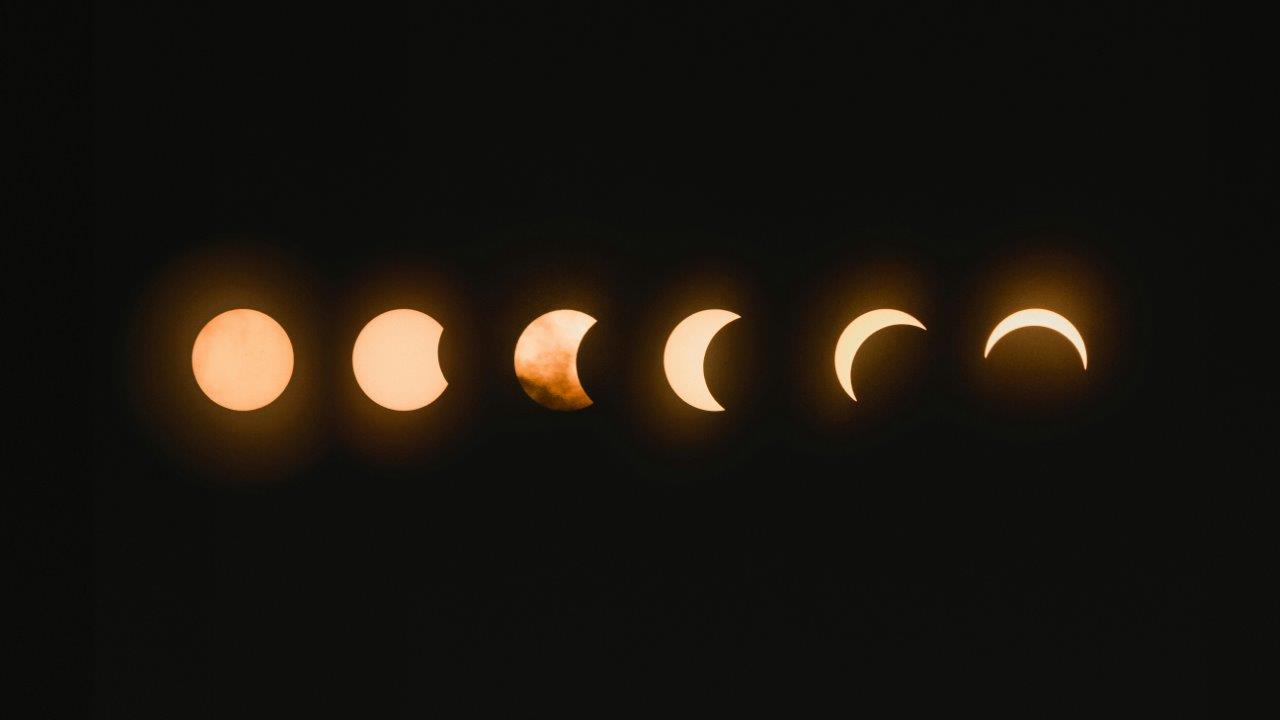
Solar Eclipse Safety Tips & Tricks
Date: Friday, April 5, 2024
Time: 12:00 pm - 1:00 pm
Format: Virtual on Zoom webinar
This event is open to all.
REGISTER HERE
Part of the CIFAL York Rapid Response Training Events
SPEAKERS
Bruce Waters
Founder of Killarney Provincial Park Observatory & Former Employee of the McLaughlin Planetarium
Bruce Waters has been teaching astronomy to the public for over 43 years. He has been active in various amateur astronomy organizations and worked at the McLaughlin Planetarium in a variety of roles that involved the education and promotion of astronomy to the public. As part of McLaughlin's outreach programs, Bruce started to teach astronomy in the Provincial Park system and has been teaching astronomy at Ontario Park's first Dark Sky preserve - Killarney Provincial Park - ever since. At the Park, Bruce facilitated the opening of Ontario Park's first public-use observatory which was augmented in 2018 by adding a much larger research grade facility.
Since then, Bruce has worked closely with York University's Allen I. Carswell Observatory team to create an Astronomer in Residence Program that oversees qualified astronomy educators providing knowledge and guidance to the Park's many thousands of visitors. He continues to be involved in public education through his monthly authorship of the Ontario Parks astronomy blogs.
Sarah Rugheimer
Associate Professor, Department of Physics and Astronomy, Allan I. Carswell Chair for the Public Understanding of Astronomy, York University
Sarah researches exoplanets, biosignatures, and habitability. Her work is theoretical and computational in nature. she is interested in anything related to the field of astrobiology: the study of origin of life on Earth and the pursuit of detecting life on other planets or moons in the Universe. In the last decade they have found several dozen habitable planets orbiting other stars. In the next two decades, first with James Webb Space Telescope and large ground-based observatories and later with follow-up missions like the proposed LUVOIR and LIFE concepts, they will be able to detect the atmospheres of terrestrial extrasolar planets in the habitable zone. These questions of our origins and the distribution of life in the Universe are the main driving inspiration for my day-to-day work.
Dr. Rugheimer researches techniques to remotely detect life in the atmospheres of extrasolar planets. She is particularly interested in the planet-star connection and in how stellar activity will influence the photochemistry and spectral features in terrestrial planet atmospheres. She uses mostly 1D and some 3D models to explore different physical regimes for these new habitable exoplanets with a focus on how that will influence the habitability and biosignatures on those planets.
Robin Metcalfe
Dr. Metcalfe teaches physics and space-related courses in York's Division of Natural Science including Astronomy, History of Astronomy, Space Flight and Exploration, Introduction to Physics, and Physics for World Leaders. Her course was chosen as one of York’s two “Cool Courses” in MacLean’s 2015 University Rankings.

